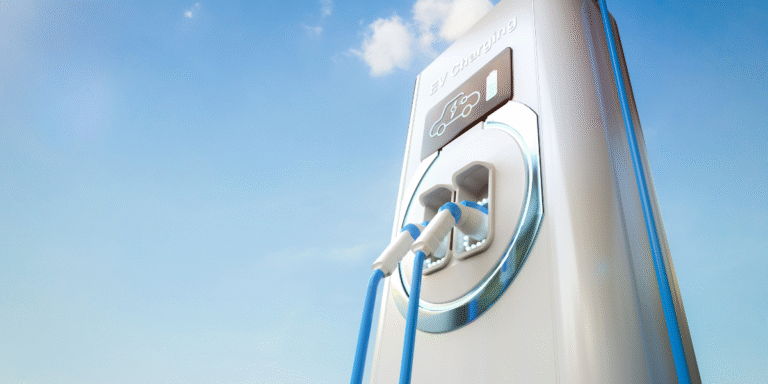Sacramento, CA, USA
On November 5, 2022, California voters passed Proposition 30, a landmark initiative designed to bolster the state’s transition to electric vehicles (EVs) and clean energy solutions. This proposition will allocate funds to support the development of EV infrastructure, incentives for consumers to purchase electric cars, and projects to reduce air pollution and improve public transportation. It also includes provisions to create jobs in green technologies and ensure that disadvantaged communities benefit from clean energy initiatives.
Governor Gavin Newsom, who has long championed the expansion of California’s green economy, expressed his strong support for the measure. “Proposition 30 represents our commitment to a sustainable future, reducing carbon emissions and fostering a cleaner, healthier California,” Newsom said in a statement after the results were announced. “This is not just about cleaner air; it’s about creating a green economy and paving the way for future generations to thrive.”
The proposition received widespread backing from environmental advocacy groups such as the Sierra Club California and the California Environmental Justice Alliance, which emphasized the critical importance of addressing climate change and air quality. “This is a pivotal moment for California’s environment,” said Laura Martinez, Director of the Sierra Club California. “Proposition 30 will provide long-term benefits, not only by expanding the number of electric vehicles on the road, but by addressing the systemic inequalities that prevent many communities from accessing clean energy.”
Proposition 30 also garnered support from the business community, particularly the renewable energy sector, which is seeing exponential growth. Companies like Tesla and Rivian, which manufacture electric vehicles, supported the measure due to its potential to increase consumer demand for EVs and improve infrastructure. In addition to tax incentives for EV buyers, Proposition 30 allocates funds to build out charging stations across the state, making electric cars more accessible for everyone, regardless of where they live.
However, the proposition did face opposition from some sectors. The California Republican Party voiced concerns about the potential tax increases that would fund the measure, arguing that it could burden taxpayers. “While we support the transition to cleaner energy, Proposition 30 fails to address the cost burden that could fall on the middle class,” said Republican Party spokesperson Tim Williams.
Despite opposition, the passage of Proposition 30 has been hailed as a significant step forward in California’s battle against climate change. The measure is expected to result in a dramatic reduction in greenhouse gas emissions, while creating thousands of green jobs and reducing air pollution, particularly in the state’s largest cities.
As California moves forward with its ambitious climate goals, Proposition 30 represents a critical milestone in the state’s effort to lead the nation in clean energy innovation and infrastructure development. The future of transportation in California is electric, and with the passage of this measure, the state is well on its way to creating a cleaner, greener future.



